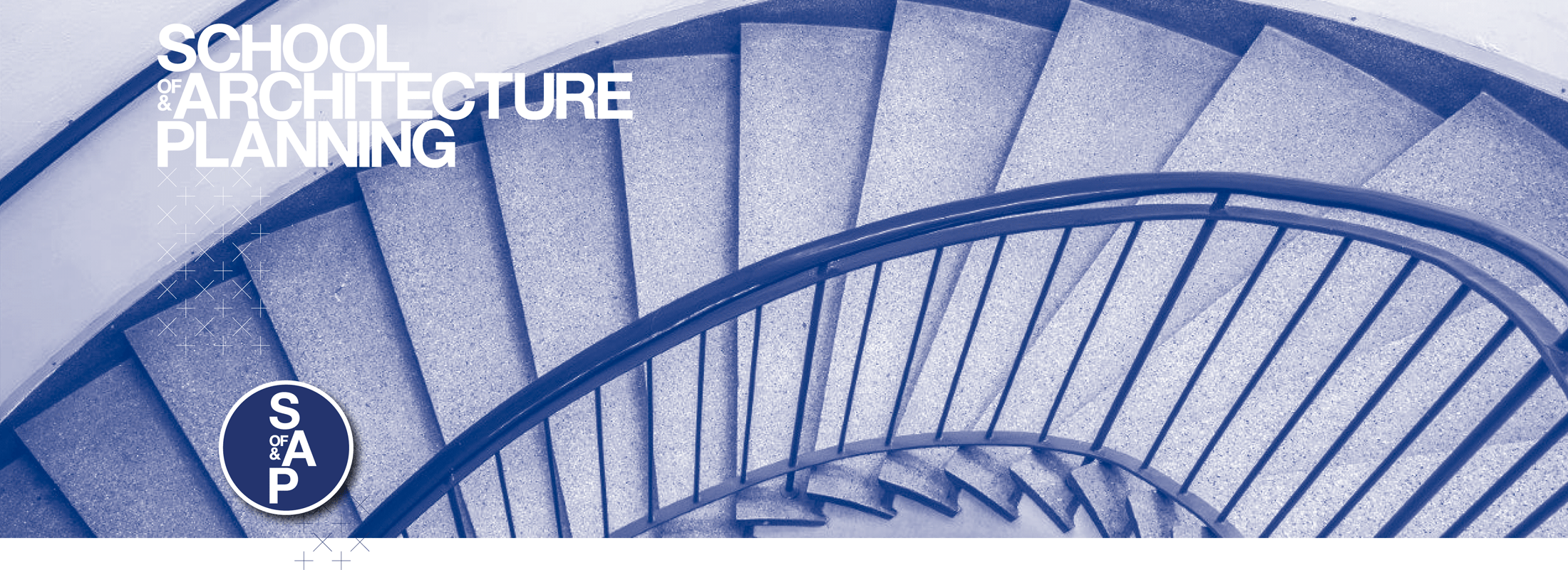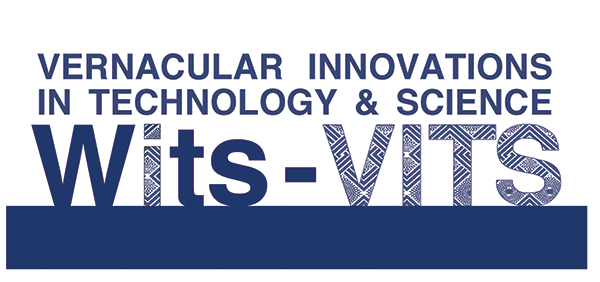It is well known in all disciplines in the academy that most scientific concepts and terms are taught and explained in non-African languages, and languages that are spoken by minority groups in different parts of the world are also excluded. This poses a huge problem in learning and comprehension for many African students and scholars. Wits-VITS is a global collective learning platform for addressing this problem. An example is how Latin, Greek, and other European languages, and terms we take for granted, have enriched English language. Wits-VITS is a forum for integrating African languages to play similar roles across all the fields of study in the academy. Although Africans have been contributing to global experiences and popular cultures, Wits-VITS will specifically facilitate the infusion of African knowledge and terms, and information from other minority languages around the world into all the fields of study in the academy.
Origin: Wits-VITS was developed by Professor Nnamdi Elleh as a resource for teaching first year Architecture and Planning students in the School of Architecture and Planning (SoAP), University of the Witwatersrand, Johannesburg. The students are highly motivated to learn that they are among the first group who would be developing and laying the foundations for the new ways of studying in architecture and planning in the continent.
What Wits-VITS Is Not: Wits-VITS is not about translating, writing, or speaking multiple languages, although that would be an asset for the users and the contributors. Instead, it is about engaging the existing body of academic knowledge across all disciplines, and the global language infrastructure, with complex terms that would otherwise not be understood, for the reason that in many African countries, English, French, Portuguese and Spanish, are the major colonial languages of instruction, commerce and government business.
AIM: The Decolonisation of the Academy: The aim is to assist students and scholars, whose native language is not English or any of the colonial languages, to think through complex ideas in their natural languages, and to import what they understand into their English language discourses and learning, either in the classroom, academic setting, business, or social life as a whole. Scholars take this for granted because they are mature and are able to deploy such techniques in their anthropological and sociological field studies, but students and emerging scholars are not skilled to do that. Wits-VITS would start training African students across all levels of learning to learn how to think through complex terms and concepts.
Wits-VITS and the Future of Books in Africa and Globally: Wits-VITS is envisioned as a resource that will impact the ways books will be written for African students across all levels of learning in the future. Moreover, it would have global impact by opening the channel for languages spoken by minority populations in their respective nationalities to permeate the larger fields of education and discourses across all fields.
Stakeholders – Embedding the Future of African Students and Scholars in the Academy: It is common for students in African universities to think of their education as colonial, “European” based, or as a “Western” derived body of knowledge. Wits-VITS is a medium and a tool for pollinating all fields of endeavour with African concepts and languages, so that in the distant future, students in African universities could be studying physics and finding KiSwahili, Isizulu, Hausa, and Yoruba terms in textbooks that might be written in English, French, Portuguese, or Spanish. We believe it would impress African students to see the definitions of complex concepts in a physics textbook with analogies from multiple African languages, even if it is a text that is written in English, French, or Portuguese? With time, African students and scholars whose first languages are not commonly found in the academy would no longer be alienated from the subjects they will be studying. They would feel and believe that their ancestors had contributed to the growth of knowledge across all the fields, by identifying with the body of knowledge, concepts, terms, ideas, and theories. Wits-VITS is not developed for African students alone. It is for global usage as a portal for exploring complex ideas in languages that are endangered, making the findings available in globally spoken languages.
Goals: Wits-VITS as a Medium for Decolonising, Deconstructing, Democratising, and Expanding Concepts, Ideas, Theories, and Meanings: We are finding that when students think through complex terms in their own languages, even words like “colonisation” which might not exist in their own language, they are able to understand the ideas better and sometimes expand the body of knowledge about the word by bringing perspectives that the word has not been able to consider outside of the English speaking world. By doing this, they are decolonising the academy, deconstructing the words, and expanding the body of knowledge.
Approaches for Development/Technical Infrastructure: First of all, a proper integrative user-friendly infrastructure is being set up. We will invite colleagues in other disciplines across the university (WITS), Africa as a whole, and the world at large, to start contributing to Wits-VITS once the basic technical infrastructure is in place. We hope to develop the technical infrastructure continuously as we learn and contribute to the system.
Contribution Guidelines: All concepts, ideas and theories must be verified by a minimum of two to three speakers of the language before new suggestions would be entered into the system. Above all, the contributor must provide a 100-words short piece showing how the idea can be used in a sentence, a concept, or in a theoretical discourse in the specific field. In this sense, Wits-VITS is different from other lexicons and media out there.
Timeline: We bring the Wits-VITS to the awareness of the general public, and the world at large, and hope to expand this portal within the School of Architecture and Planning site during 2020. Select first year architectural and planning students’ work, demonstrating the intents, goals, aims, and objectives for which the medium is developed, will be shown, while the technical requirements of the system are in development.



